Affiliate links on Android Authority may earn us a commission. Learn more.
Steam not opening? Here's how to fix it
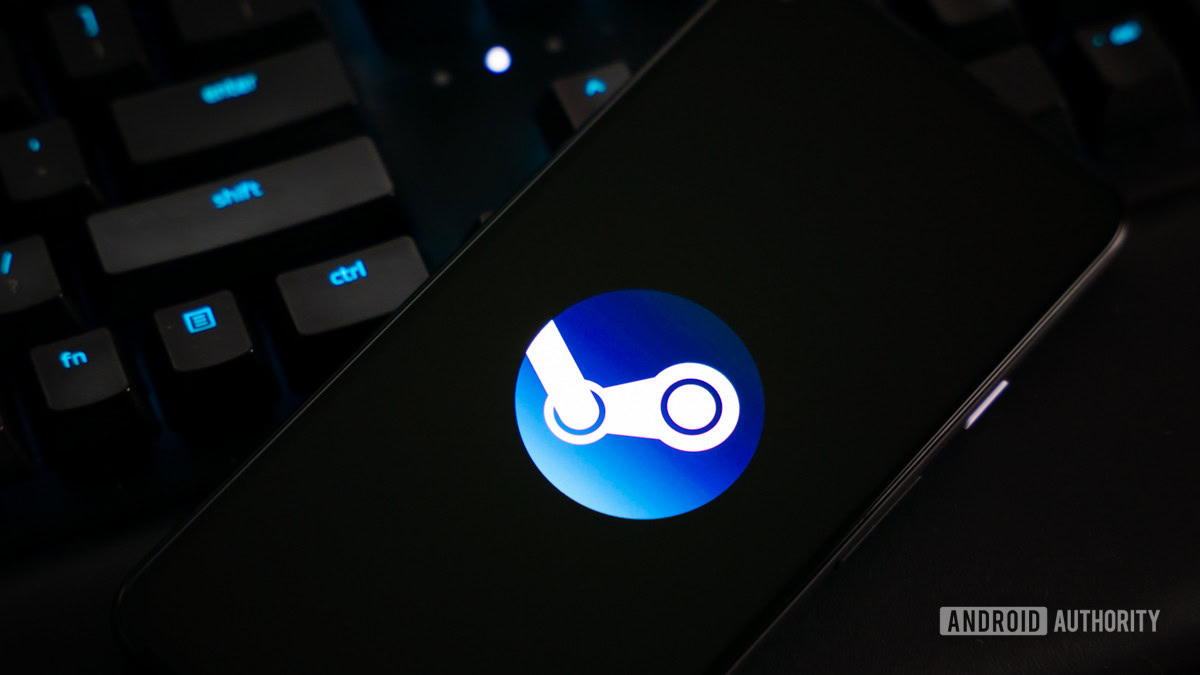
Steam is the most used and well-known PC gaming platform on the market. It has improved massively since its release in 2003, but that doesn’t mean the app isn’t a bit finicky sometimes. It’s understandably frustrating if you have issues with Steam not opening. Here are the common causes and fixes.
JUMP TO KEY SECTIONS
- Check if Steam is down
- Check if you can locate Steam when alt-tabbing
- End Steam processes through the Task Manager
- Clear the Steam app cache
- Uninstall and reinstall Steam
- Make sure you are not running the Steam Beta Client
- Check your network and restart your router
- Restart your PC
- Verify your VPN connection
- Use System Restore
- Turn off firewalls or antivirus software
- Update your operating system
- Obscure fixes
- Contact Steam support
Note: This article will focus on solutions for Steam on Windows 11, since the app is mainly used on the Windows operating system. However, Mac users should know that OS updates can often break the game client, but only temporarily.
Check if Steam is down
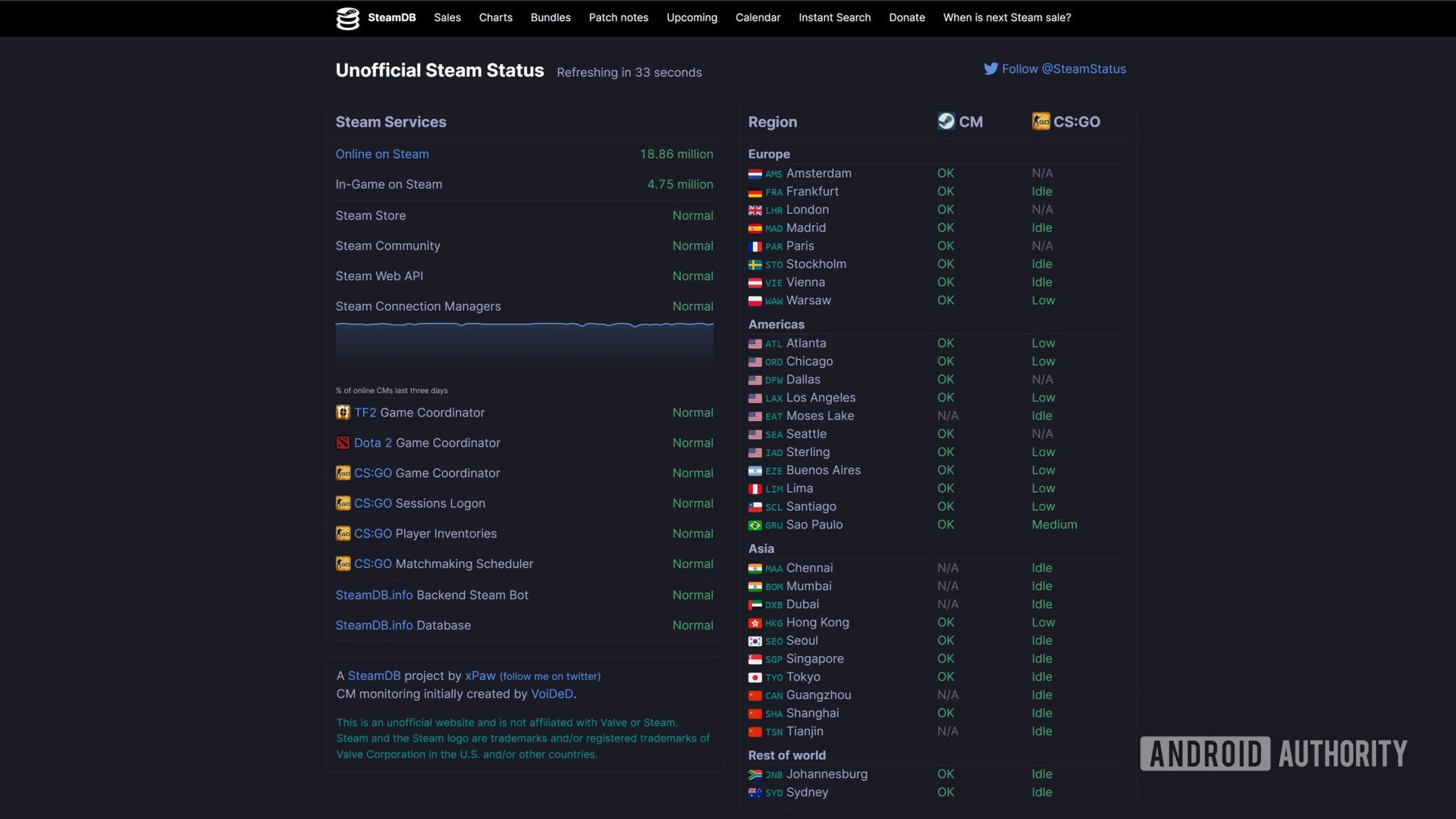
If your Steam client doesn’t open or is stuck in the connecting phase, the most reasonable explanation for your issue is either an unstable connection or Steam being temporarily down.
To check if Steam is down, you can visit either the Unofficial Steam Status website or the aptly named Is Steam Down. Both websites are quite reliable, and the former can even give you information about the status of multiplayer game coordinators.
Finally, you should know that Steam briefly goes down for routine maintenance every Tuesday around 1 to 3 pm Pacific Time, so look at your calendar before panicking.
Check if you can locate Steam by alt-tabbing
Believe it or not, Steam sometimes gets lost among the crowd of windows (or offscreen) when you have a set-up with more than one or two monitors. This was the culprit responsible for “Steam not opening” in several Steam Community posts, so we felt it necessary to include it.
If you launch the Steam client on your Windows PC and it’s nowhere to be seen, press and hold Alt and Tab. You will see all the programs that are currently open. If Steam is on the list, go to it and pay attention to see on which screen it pops up.
End Steam processes through the Task Manager
Windows Task Manager always comes in handy. If you’ve used a Windows PC for a while, you probably know your way around, but if you are unfamiliar, here is what you need to do:
- Right-click on your taskbar or press Control + Alt + Delete.
- Select Task Manager. The processes should be in alphabetical order.
- Find Steam, ensure you end all Steam processes by highlighting each and clicking End task.

This is a simple fix but a surprisingly reliable one. You should also try restarting your PC if it is still not working.
Clear the Steam app cache
You might have done this on your Android device when apps were causing you problems, but surprisingly, you can do this with Steam on Windows, too. Cache helps you launch applications faster, but sometimes it can “misremember” things, or cached files can become corrupted, resulting in problems. Here’s how to do it:
- Locate the appcache folder in your Steam directory.
- If you installed the Steam client on your C: drive, this is where you will usually find it — C:Program Files (x86) > Steam. The appcache folder should be on top if your folders are sorted alphabetically.
- Just in case, copy and paste the appcache folder into a safe location.
- Once you’ve done that, delete the original appcache folder in the Steam directory.
- All that’s left is to launch the client. A new appcache folder will be created automatically, and Steam should start with no issues.

Uninstall and reinstall Steam
If none of the steps so far have worked, it’s time for a more drastic solution, but a tried and true one. You can simply uninstall Steam and reinstall it.
- Launch the Settings app.
- Go into the Apps tab.
- Select Installed apps.
- Find Steam, and click on the three-dot menu button next to it.
- Select Uninstall.
Uninstalling is drastic, but there's a way to do it without having to download your whole game library all over again.
If you want to save some time and not painstakingly download every game in your library anew, here is what you need to do. Go to your Steam installation folder in Program Files and delete everything apart from Steam.exe and the steamapps and userdata folders. If your PC requests administrator permission, grant it and proceed with the deletion. Once it’s done, double-click Steam.exe and the app will reinstall.
If you still encounter problems, you can also check out Valve’s guide on manually removing Steam.
Make sure you are not running the Steam Beta Client
The beta client is more unstable, so it might cause you some trouble. If you are currently using it (or have in the past) and suspect it’s the culprit, there is a step you can take to remedy the issue.
- Go to your Steam installation folder.
- Select the folder “package.” The exact file path for most users will be C:Program Files (x86) > Steam > package.
- Find the file named beta and delete it. If this caused Steam not to open, you should be good to go the next time you launch the program. The beta file should appear on top if sorted alphabetically.
Check your network and restart your router
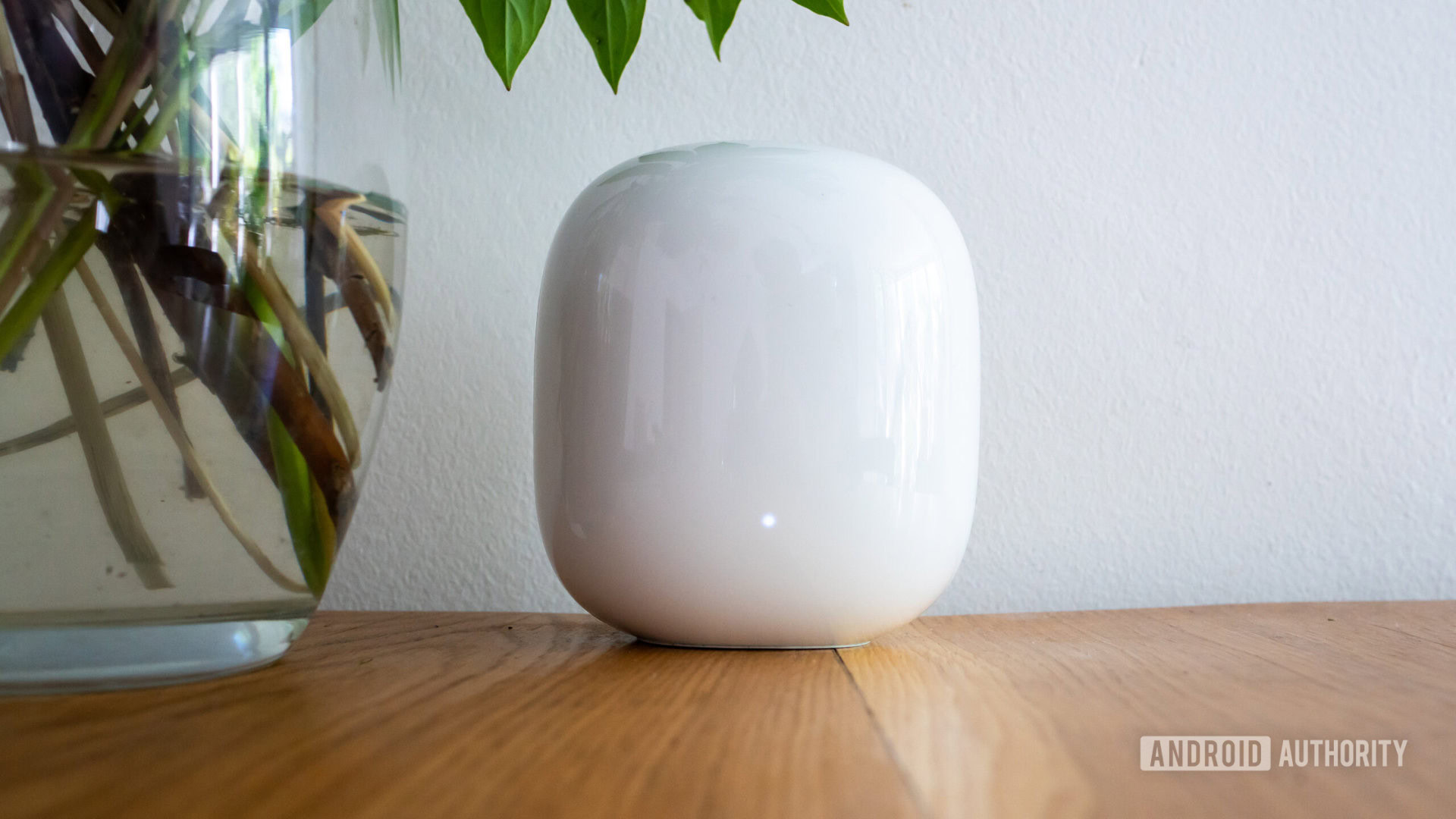
We’ve covered all the issues related to Steam, but there is a chance the problem could be with your network. Check whether your PC is connected to the internet by loading any website in your browser, or you can run an internet speed test.
If anything seems off, restart your router and start Steam again. Some routers have a reset button, and newer ones can also be restarted from the official app. Otherwise, you can simply unplug the router, wait for about a minute, and plug it back in. If the issue with your network isn’t resolved, you may have to contact your ISP to get them on the case.
Restart your PC
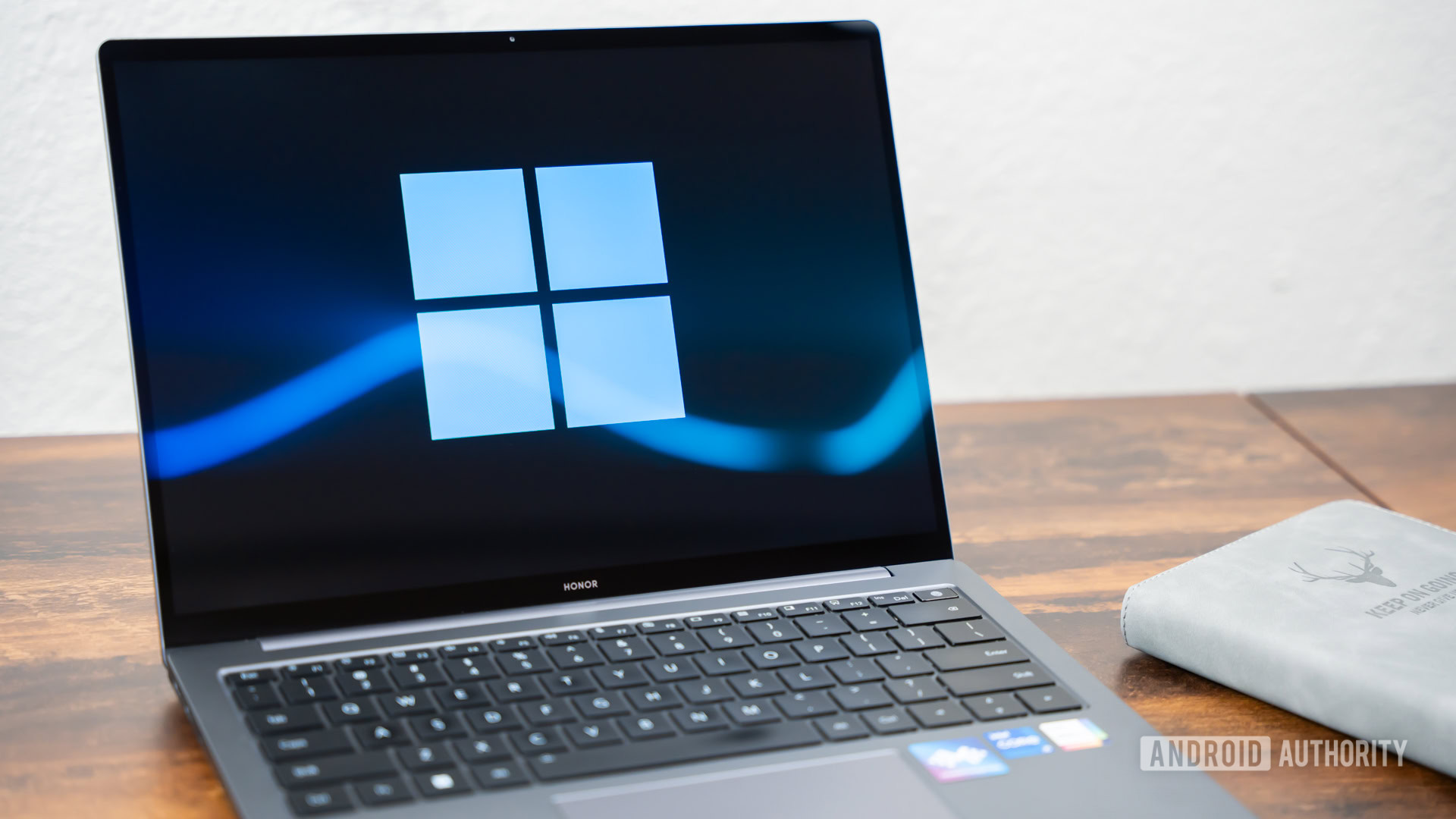
If the aforementioned fixes don’t seem to be working, there’s always the age-old solution that fixes many problems — try turning it off and on again. Restart your computer, and log back into it. Ensure your system is connected to the internet, and fire up Steam. A system reboot should potentially fix any weird issues caused by an anomaly caused by some other software or hardware element unrelated to Steam itself.
- Click on the Windows button.
- Select the Power button.
- Hit Restart.
Verify your VPN connection
While Steam generally works well with VPNs, there can be occasional issues. If you’re using a VPN, there may be occasions where you’ve consistently logged in from one location for years and then unexpectedly switched to another. Whether this is related to a security policy or not, if you use a VPN or have recently installed one, consider temporarily turning it off (between 1-5 minutes) and then attempting to connect again. This step can help troubleshoot potential conflicts and facilitate a smoother experience.
Use System Restore
Windows updates are notorious for breaking stuff. Did Steam stop working correctly after a Windows update? Then, you can roll it back with the help of System Restore. Windows will delete none of your files or games in the process.
- Go to Control Panel.
- Click on the drop-down menu next to View by, and select Large icons.
- Find Recovery and click it.
- Hit Open System Restore.
- Press Next to find automatic restore points and select a date before the Windows update installation. The process is a bit long, but be patient and let it do its job. It fixes a surprising number of problems, not just Steam ones.
Turn off firewalls or antivirus software
Double-check to make sure a firewall or antivirus software is not blocking Steam. If it is, make sure to put Steam in exceptions or temporarily turn the firewall or antivirus off. You should also consider swapping your antivirus software for something less aggressive.
Before you do this, ensure the issue isn’t occurring due to any virus or malware infection. The chances are slim, but it’s a possibility. Update your antivirus definitions and run a check to be sure before you deactivate your protection.
Update your operating system
Outdated operating system or driver versions may be causing issues with your Steam client. To address this, try updating your system and device drivers. Follow the instructions below to update your operating system:
- Navigate to the search box and type “Updates.”
- Click Check for update or Windows Update.
- Once again, click Check for updates in the right pane. Windows 7 users can find Check for updates in the left pane of the Windows Update window. Your computer will undergo a check, and you may receive a list of system updates that need to be installed.
- If there are updates available, click Download & install all.
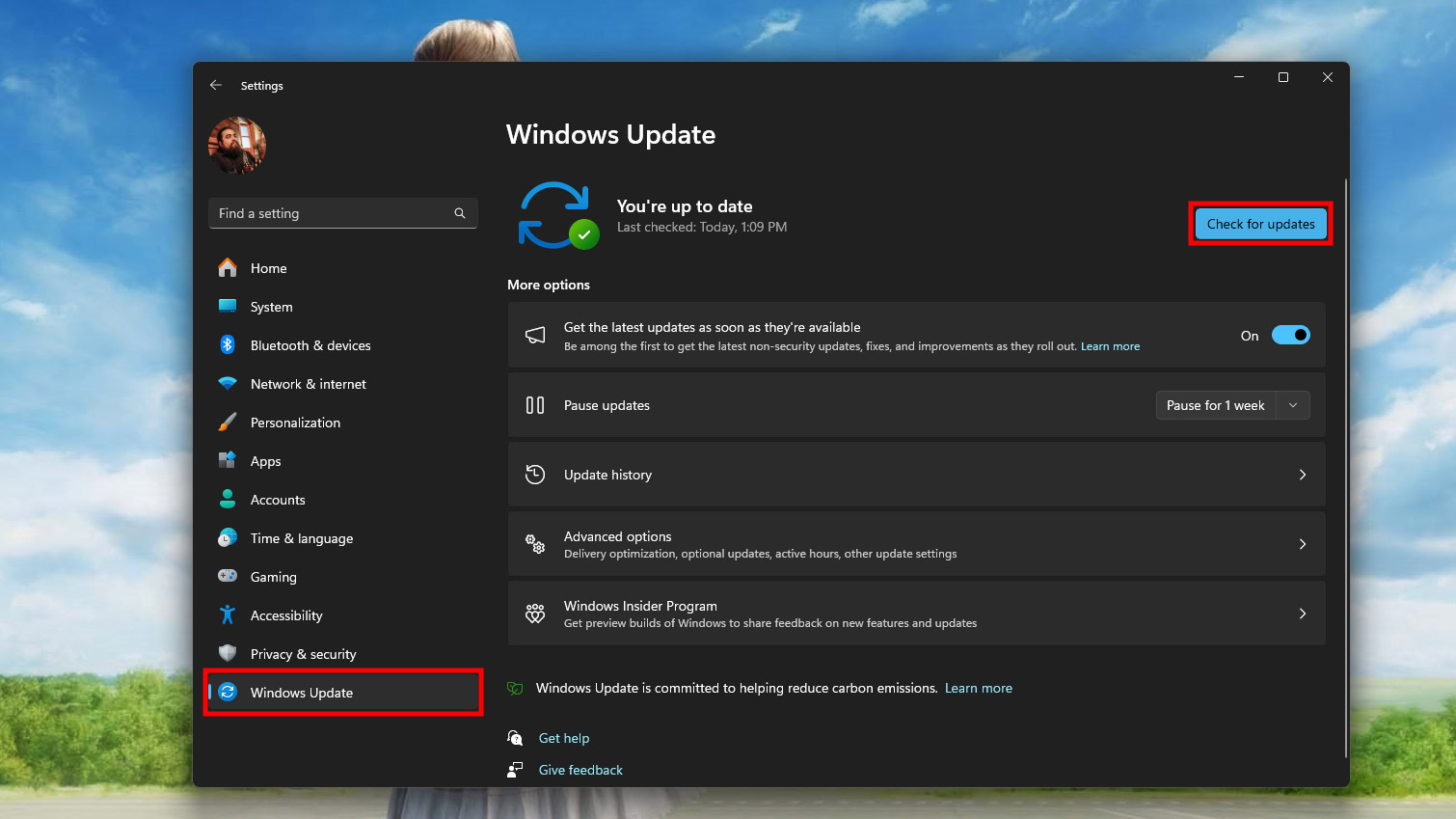
Obscure fixes
Did you try everything on this list, but Steam is still not opening? Here is an old solution on the Steam Community boards that seemed to do the trick for many users. As usual, head to the Steam directory/installation folder. Find a file named ClientRegistry.blob and rename it to ClientRegistryNew.blob. Restart Steam to allow the file to be recreated. That should solve your problem.
Contact Steam support
If you are at the end of your rope and nothing seems to fix your problem, it’s time to contact Steam Support. Although notorious in the past for relatively slow responses, this is no longer the case for Valve support staff. So head to Steam Help via this link and log into your Steam account.
Make sure you have your phone handy if you’ve enabled Steam Guard. When you are in, scroll down and select Steam Client, then select Client crashes, followed by Contact Support. Make sure to let them know what fixes you have already tried, and hope for the best.
These are our tips and tricks on how to solve Steam not opening. Did you find a solution amongst the fixes we listed? Let us know in the comments.